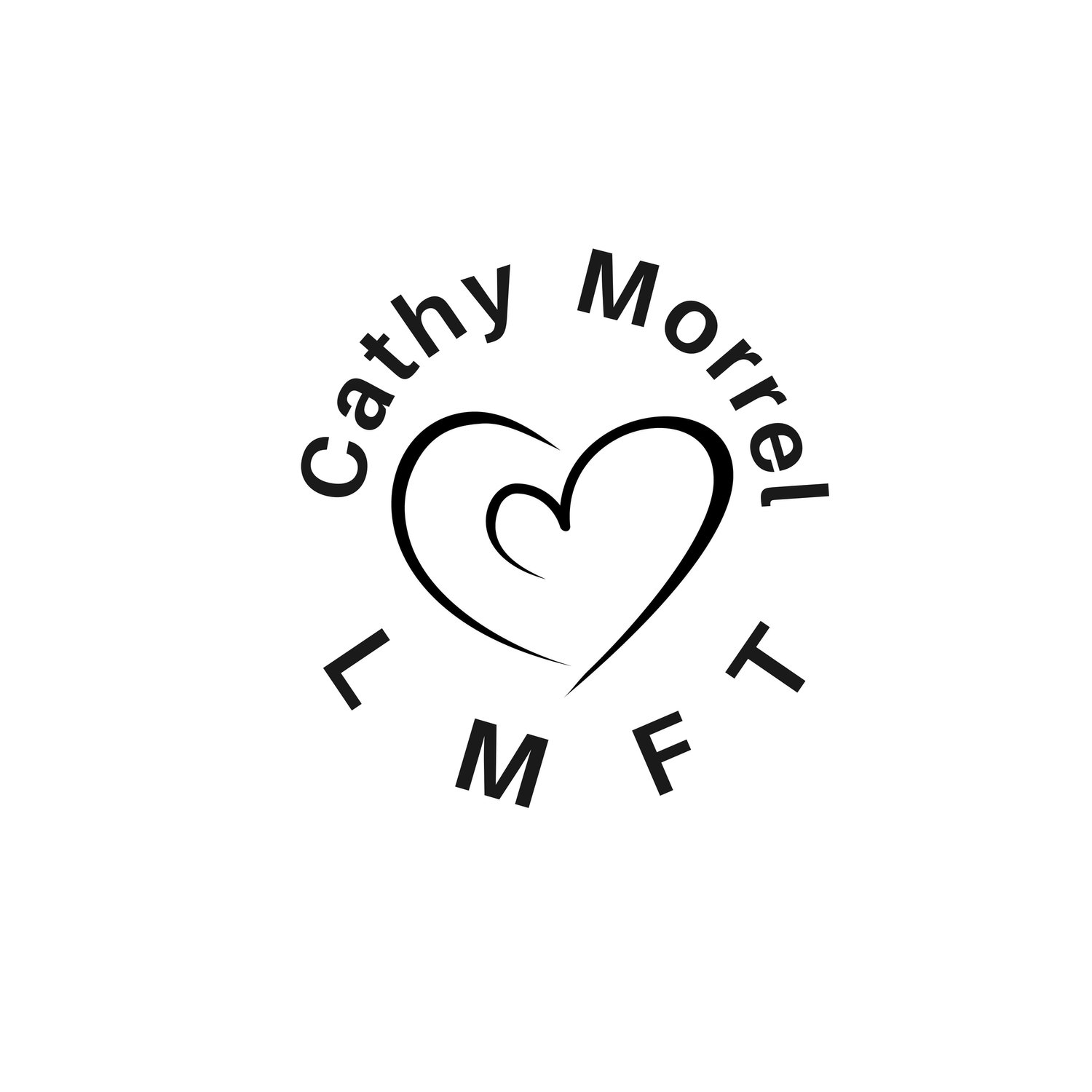From Riot to Resilience
From Riot to Resilience: The First Pride and its Impact on Mental Health
Pride parades and celebrations are now synonymous with the LGBTQIA+ community, but it is important to remember the roots of the first Pride as a powerful act of resistance and liberation. The Stonewall Riots of 1969, which marked the beginning of the Pride movement, were a catalyst for change, challenging societal norms and demanding equal rights for the LGBTQIA+ community. In this blog post, we will explore the significance of the first Pride as a riot and its profound impact on the mental health and well-being of LGBTQIA+ individuals. We will discuss how embracing this history can empower individuals, foster resilience, and contribute to improved mental health outcomes.
The first Pride, born out of the Stonewall Riots, was a powerful moment of visibility and empowerment for the LGBTQIA+ community. It marked a turning point where individuals decided to assert their right to exist authentically and demand societal recognition and acceptance. This visibility has far-reaching implications for mental health. Seeing oneself represented, acknowledged, and celebrated reduces feelings of isolation and shame, fostering a sense of belonging and self-acceptance. The empowerment that comes from reclaiming one's identity can have a transformative impact on mental well-being.
The first Pride also played a pivotal role in challenging internalized stigma within the LGBTQIA+ community. Prior to the riots, societal messages conveyed that being queer was something to be hidden, ashamed of, or even pathologized. The collective resistance during the first Pride challenged these deeply ingrained beliefs, allowing individuals to embrace their authentic selves openly. By challenging internalized stigma, individuals can experience improved mental health outcomes, reduced self-criticism, and increased self-compassion. This shift in mindset contributes to greater overall well-being and resilience.
The first Pride sparked a sense of community among LGBTQIA+ individuals, creating spaces where they could connect, find support, and share experiences. These connections are vital for mental health. Building a support network of individuals who understand and validate one's experiences can provide a sense of belonging and reduce feelings of isolation. Community support can offer resources, guidance, and encouragement during challenging times, promoting mental well-being and resilience. The bonds formed through Pride celebrations continue to serve as a reminder that no one is alone in their journey.
The legacy of the first Pride reminds us of the ongoing fight for equality and the work that still needs to be done. Despite progress, the LGBTQIA+ community still faces discrimination, prejudice, and marginalization, which can negatively impact mental health. Acknowledging the continued struggle encourages individuals to advocate for their rights and well-being. Taking part in activism, engaging in advocacy efforts, and supporting LGBTQIA+-affirming causes can empower individuals and contribute to improved mental health outcomes.
The first Pride is a testament to the resilience of the LGBTQIA+ community. It serves as a reminder of the strength and courage it takes to stand up against injustice and fight for one's rights. Recognizing this resilience and celebrating the progress made since the first Pride can inspire hope and optimism. It reaffirms the belief that change is possible and encourages individuals to persevere in the face of adversity. This sense of collective resilience is a powerful protective factor for mental health.
The first Pride, born out of a riot, holds immense significance for the mental health and well-being of the LGBTQIA+ community. By embracing the history of resistance, visibility, and empowerment, individuals can find strength, challenge internalized stigma, build supportive connections, and continue the fight for equality. Let us honor the legacy of the first Pride by fostering resilience, celebrating progress, and working towards a future where every LGBTQIA+ individual can live with dignity, acceptance, and mental well-being.

